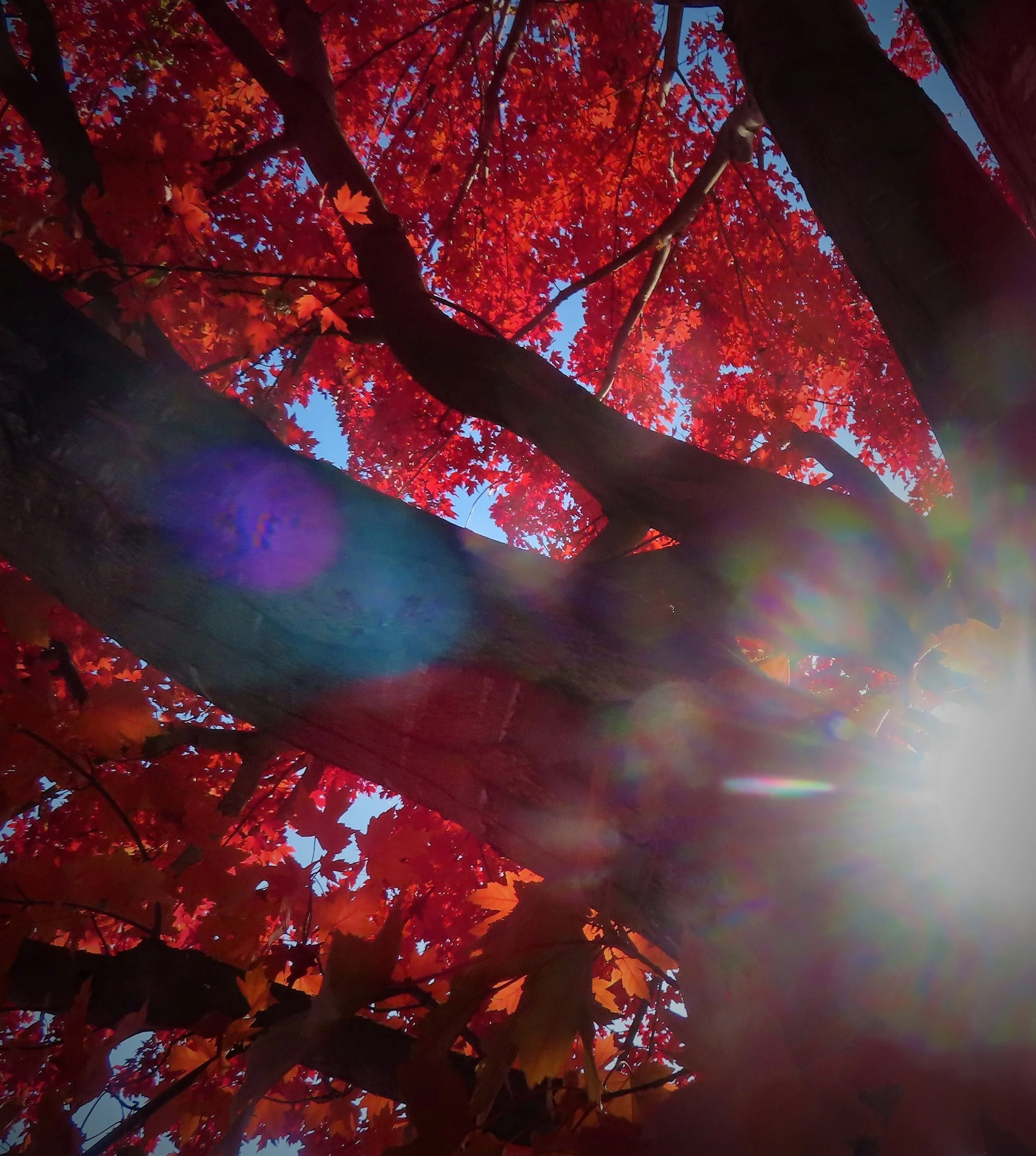There are so many kinds of grey between snow, in the slits of the silken hut, the flickering exchange between candle wick and flame that flings stronger greys across fortified walls. It’s like a speck of dust awoken in the night: what that world has to say is spoken into wind, to the snow flattening the affect of the hospital roof. At the edge of the night, Mr. Wend stands barefoot on cold concrete, calling. Beneath his station, ants crawl around a yellowed coffin, moon-bathing in its dimmed underearth light. He was caught near the end of November. The moon had an abscess, making it hard to see. Also obscured, the snake slipped toward the rabbit hole, expressing the danger between a broken gold mouth and the homesickness of the diamond for coal. The train falls open and the coffee parlor opens for shadows, their effect is so convincing. The alarm clock blares through an old speaker, amplifying the shudder of the clockhands, the buzz of the streetlamp beneath snow, the silence of the time of death. The latrine was infested with bullet holes like the death of bees. In the greys of midnight, both absences rest.
Lake Angela and Georg Amsel are poetic collaborators and parts of the same system/body. Their work makes wild again language that has come to be read as traditional, especially as Georg's verbal idiom is an Austrian German from the late 1800s. Lake Angela holds a PhD in intersemiotic poetry and dance. Their poetry books include Organblooms and Words for the Dead (FutureCycle Press), and both Amsel and Angela advocate for neurodivergent artists through poetry and performance: lakeangeladance.com.



















